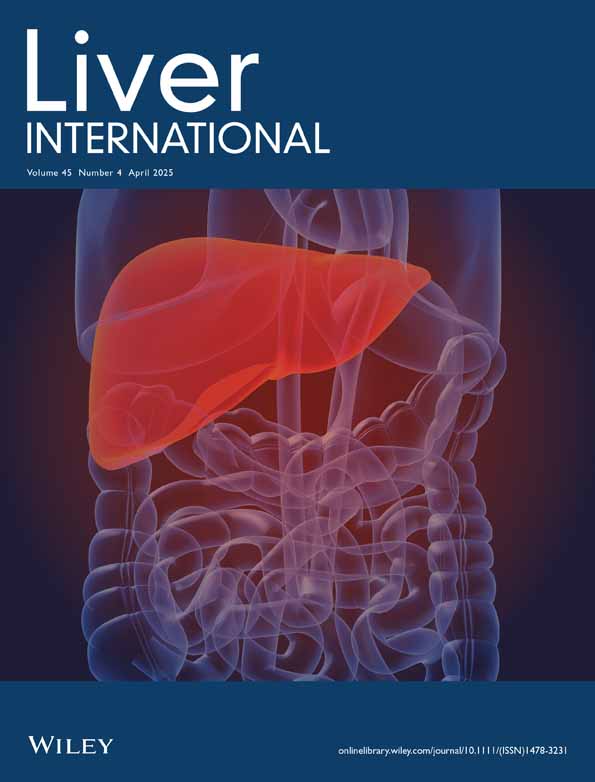Faecal Cytolysin is Associated With Worse Survival in Patients With Primary Sclerosing Cholangitis
Funding: B.Ö. is supported by a German Research Foundation DFG fellowship (OE 821/1–1). Work in the laboratory of F.T. has been funded by the German Research Foundation (DFG Ta434/8–1). T.C. and F.T. received funding from the DFG, CRC1382, Project-ID 403224013. This study was supported in part by NIH (Grants R01 AA24726, R37 AA020703, and U01 AA026939), and by Award Number BX004594 from the Biomedical Laboratory Research & Development Service of the VA Office of Research and Development (to B.S.) and services provided by NIH centres (P30 DK120515 and P50 AA011999).
Handling Editor: Dr. Alessio Aghemo
ABSTRACT
Background and Aims
Primary sclerosing cholangitis (PSC) is an immune-related cholangiopathy without treatment options beyond liver transplantation. The gut–liver axis, especially the role of gut microbes, has emerged as a crucial pathway contributing to PSC pathogenesis. Recent research has revealed Enterococcus (E.) faecalis and its virulence factor cytolysin to increase mortality risk in patients with alcohol-associated hepatitis. Thus, we studied the role of enterococci, particularly E. faecalis and its virulence factor genes cytolysin and gelatinase, in faecal samples from patients with PSC.
Methods
To assess the relevance of Enterococcus species, we performed 16S rRNA gene amplicon analysis in faecal samples from 60 patients with PSC. We validated our findings by qPCR of faecal microbial DNA in an extended cohort of 105 patients with PSC, 104 patients with inflammatory bowel disease (IBD) and 68 healthy subjects.
Results
High-throughput 16S rRNA amplicon analysis revealed an increased relative abundance of enterococci in PSC patients compared with healthy controls and IBD patients, respectively, (p < 0.0001). PSC patients with high enterococci abundance had a decreased probability of transplant-free survival (p = 0.028). E. faecalis and its virulence factors cytolysin and gelatinase were more abundant in patients with PSC. Higher faecal cytolysin was associated with lower overall survival (p = 0.04), while survival was independent of gelatinase levels.
Conclusion
Our data highlight the association of E. faecalis and faecal cytolysin with lower survival in patients with PSC. These data should prompt further research into the pathogenic role of cytolysin-positive E. faecalis, and to explore its role as a potential therapeutic target.
Conflicts of Interest
F.T.'s laboratory has received research funding from Gilead, AstraZeneca and MSD (funding to the institution). F.T. has received honoraria for consulting or lectures from AstraZeneca, Gilead, AbbVie, BMS, Boehringer, Intercept, Falk, MSD, GSK, Orphalan, Merz, Pfizer, Alnylam, Novo Nordisk, Sanofi and Novartis. B.S. has been consulting for Ambys Medicines, Ferring Research Institute, Gelesis, HOST Therabiomics, Intercept Pharmaceuticals, Mabwell Therapeutics, Patara Pharmaceuticals, Surrozen and Takeda. B.S. is founder of Nterica Bio. UC San Diego has filed several patents with B.S. as inventor. B.S.'s institution UC San Diego has received research support from Axial Biotherapeutics, BiomX, ChromoLogic, CymaBay Therapeutics, Intercept Pharmaceuticals, NGM Biopharmaceuticals, Prodigy Biotech and Synlogic Operating Company.
Open Research
Data Availability Statement
Data are available upon request from the Department of Hepatology and Gastroenterology of the Charité University Medicine Berlin for researchers who meet the criteria for access to confidential data ([email protected]).




